Cassia Transition News
M'LIS SCOTT & FELICIA GOMEZ

Cassia Transition News
M'LIS SCOTT & FELICIA GOMEZ
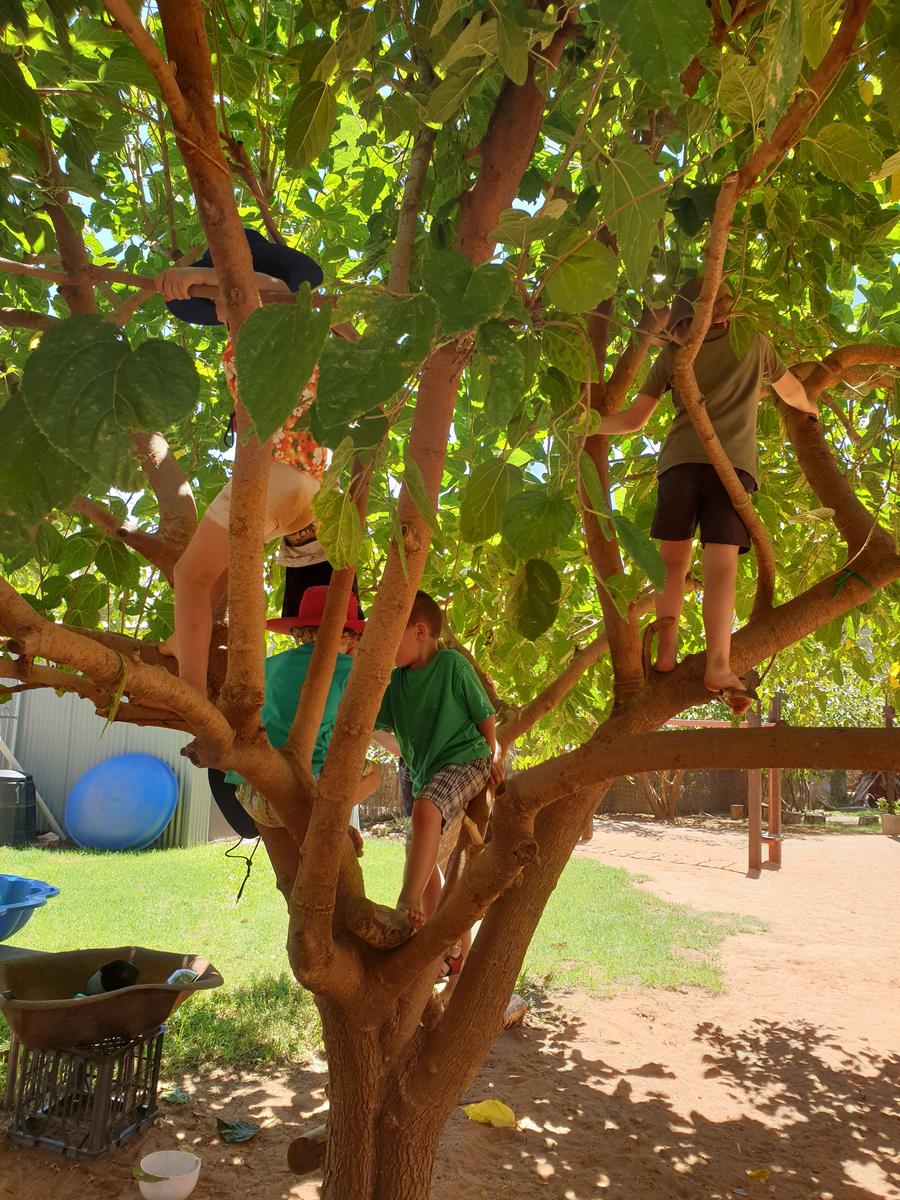

In Steiner early childhood education, play is considered the work of the child. It is also considered developmentally the most appropriate way for children of this age to learn.
THE BENEFITS OF PLAY
Child-initiated play lays a foundation for learning and academic success. Through play, children learn to interact with others, develop language skills, recognize and solve problems, and discover their human potential. In short, play helps children make sense of and find their place in the world.
• Academics: There is a close link between play and healthy cognitive growth. It lays the foundation for later academic success in reading and writing. It provides hands-on experiences with real-life materials that help children develop abstract scientific and mathematical concepts. Play is critical for the development of imagination and creative problem-solving skills.
• Social and emotional learning: Research suggests that social make-believe play is related to increases in cooperation, empathy, and impulse control, reduced aggression, and better overall emotional and social health.
• Sheer joy: The evidence is clear—healthy children of all ages love to play. Experts in child development say that plenty of time for childhood play is one of the key factors leading to happiness in adulthood.
• Physical development: The rough and tumble of active play facilitates children's sensorimotor development. It is a natural preventive for the current epidemic of childhood obesity. Research suggests that recess also boosts schoolchildren's academic performance.

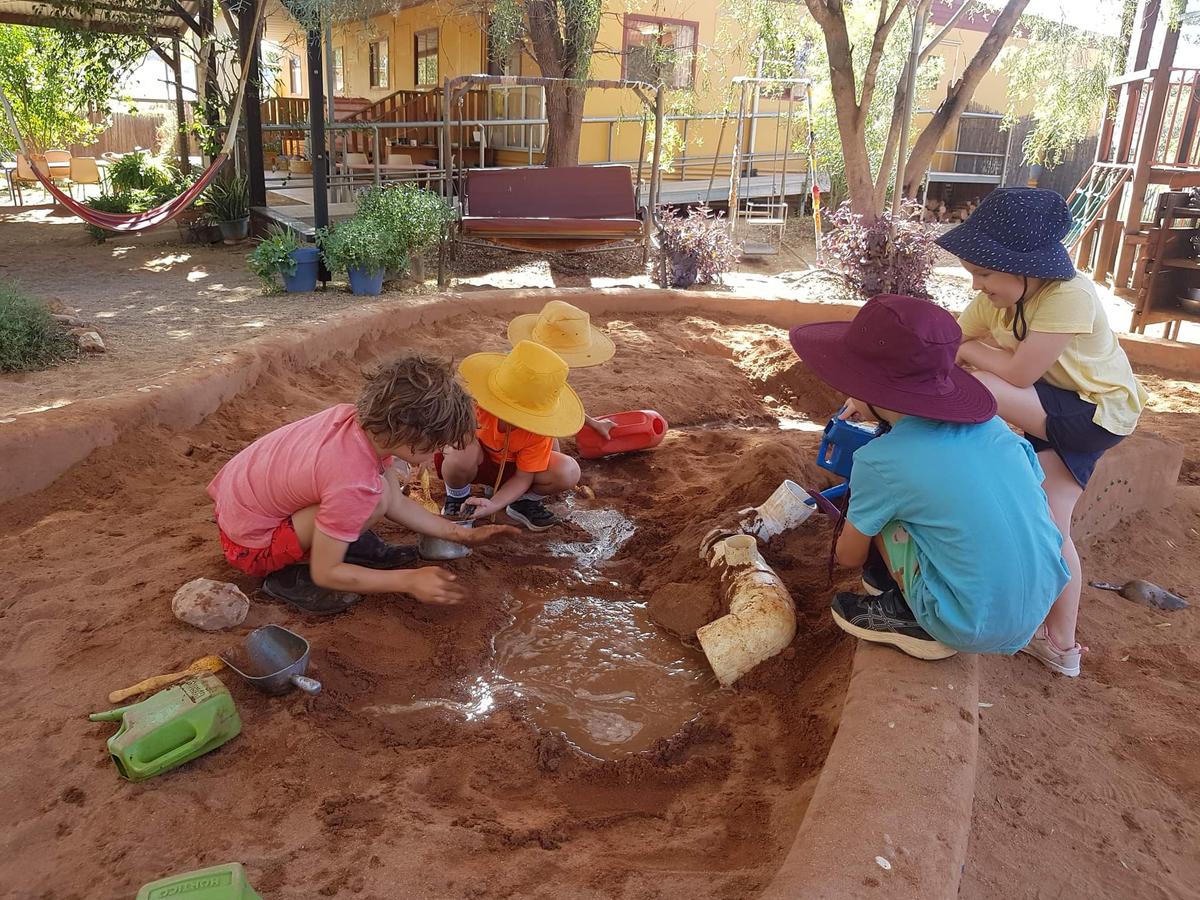
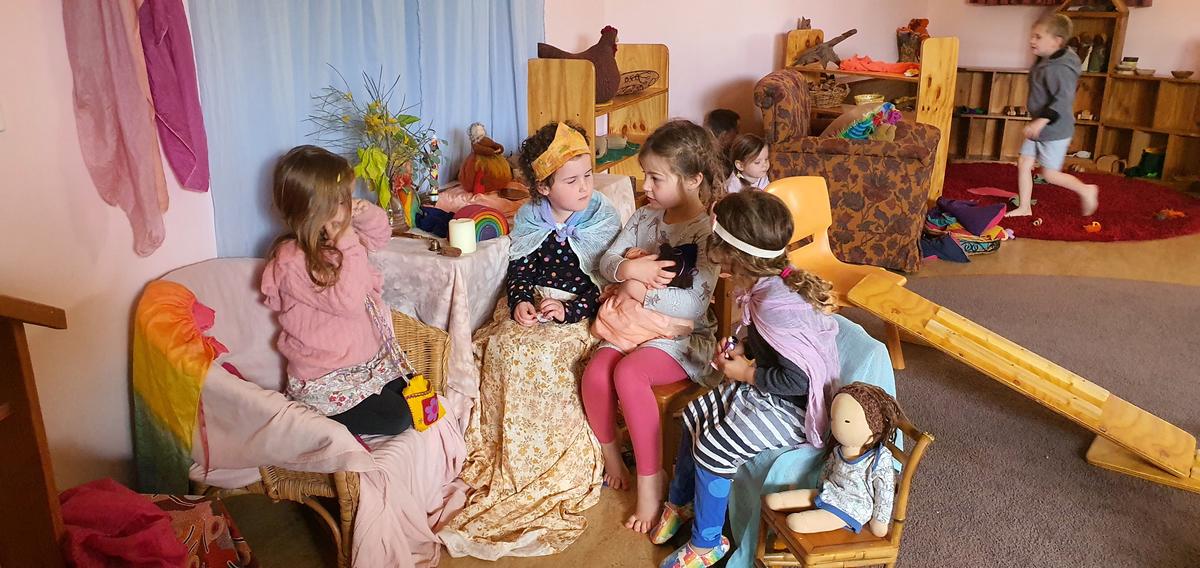
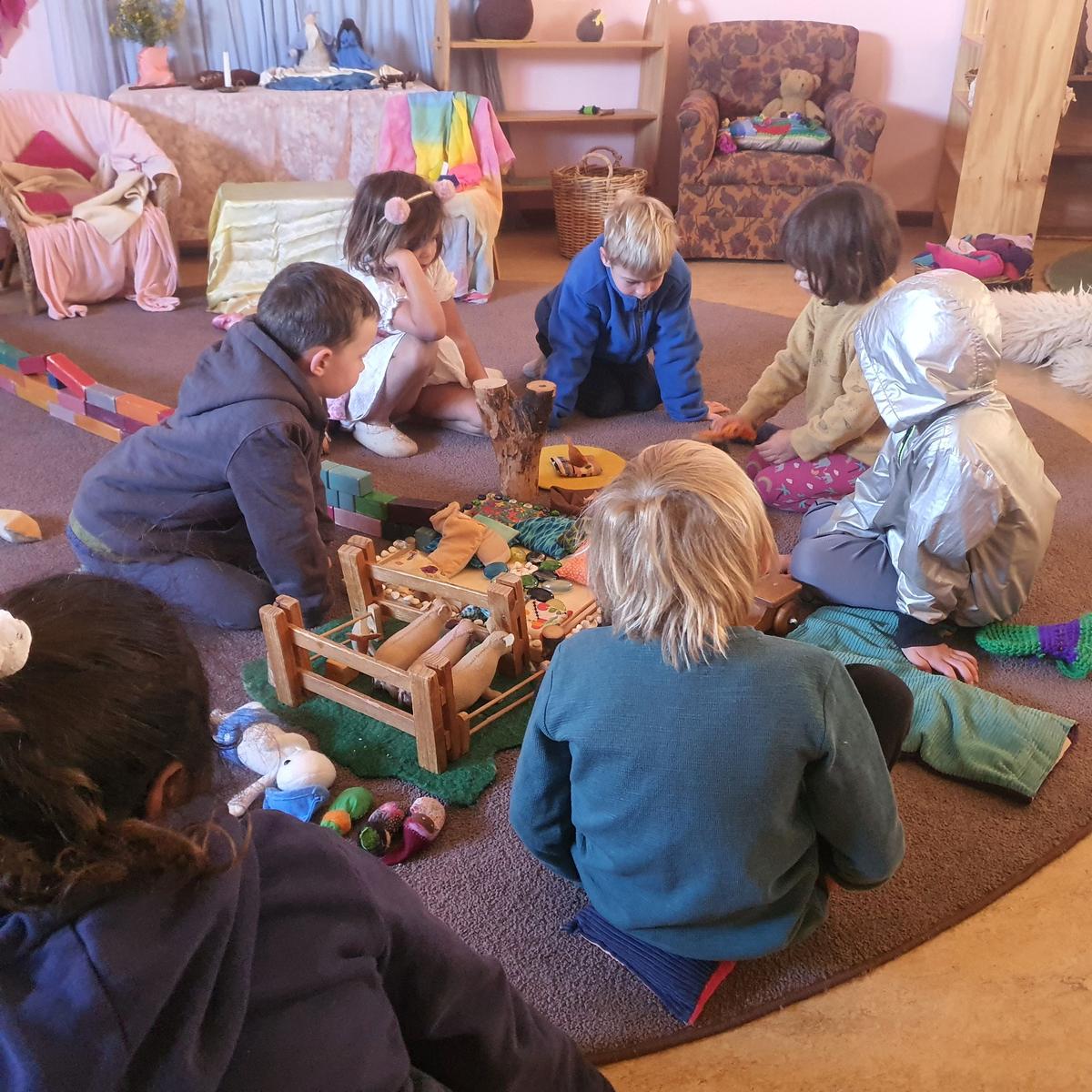
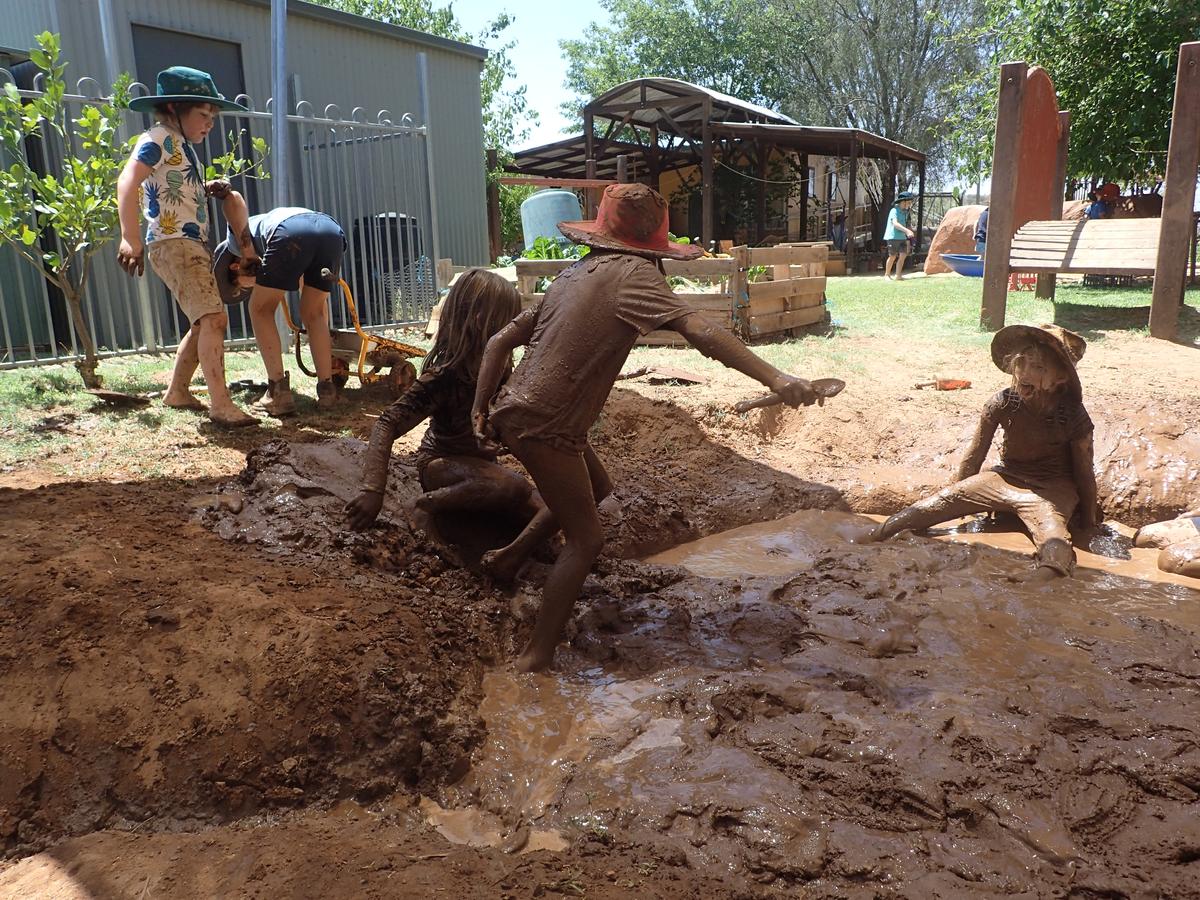







Please see the photos above with the different types of play
WHAT YOU CAN DO TO HELP YOUR CHILD PLAY
• Curtail time spent in adult-organized activities: Children need time for self-initiated play. Overscheduled lives leave little time for play.
• Choose simple toys: A good toy is 10 percent toy and 90 percent child. The child's imagination is the engine of healthy play. Simple toys and natural materials, like wood, boxes, balls, dolls, sand, and clay invite children to create their own scenes—and then knock them down and start over.
• Encourage outdoor adventures: Reserve time every day for outdoor play where children can run, climb, find secret hiding places, and dream up dramas. Natural materials—sticks, mud, water, rocks—are the raw materials of play.
• Bring back the art of real work: Believe it or not, adult activity—cooking, raking, cleaning, washing the car—actually inspires children to play. Children like to help for short periods and then engage in their own play.
• Reduce or eliminate screen time: Give your children a chance to flex their own imaginative muscles. They may be bored at first. Be prepared with simple playthings and suggestions for make-believe play to inspire their inner creativity.
Blessings,
M’Lis and Felicia